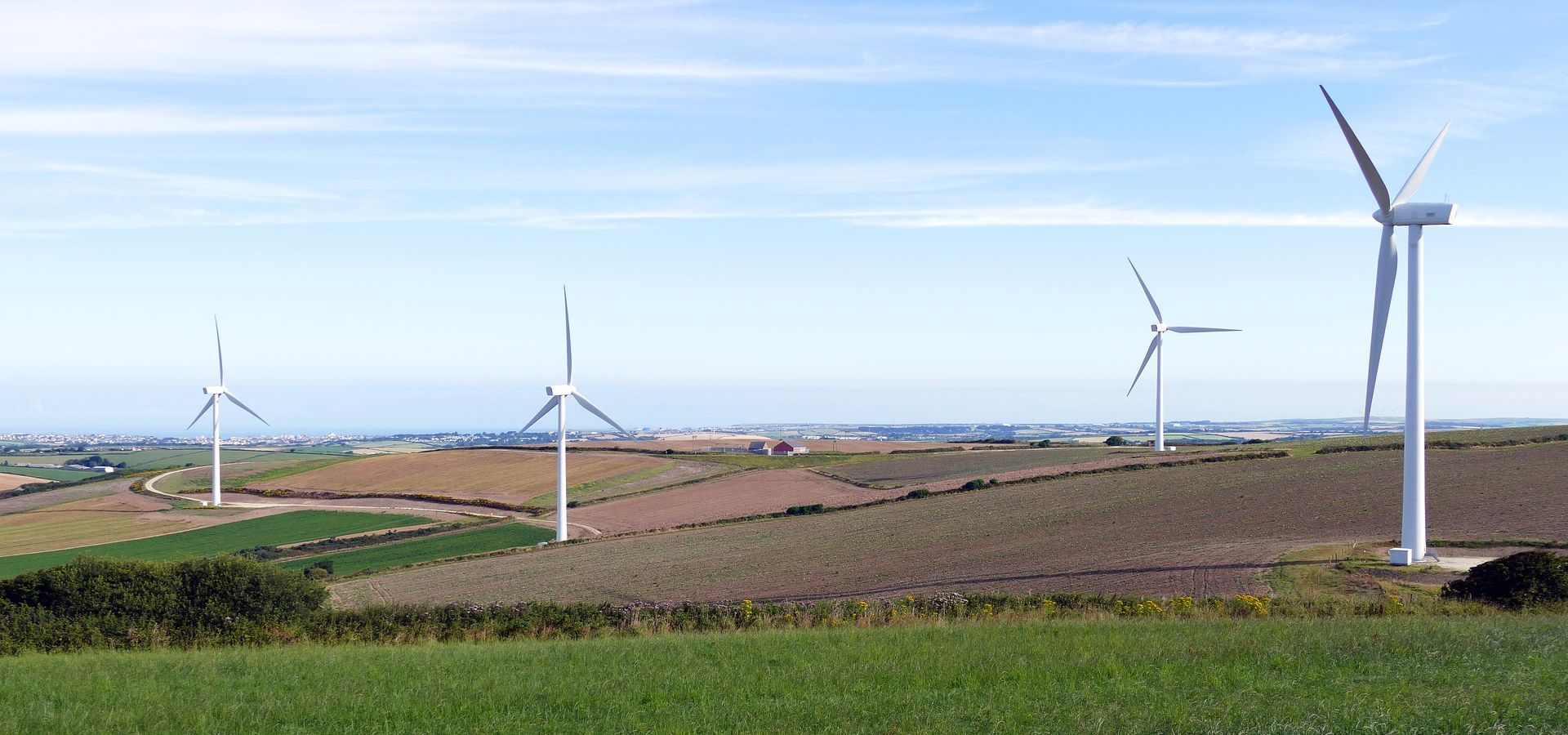Too late, too slow, too stifled, but it has arrived: Climate policy is finally taking centre-stage in the public debate. Michał Olszewski reports from Poland.
The change is clear: not so long ago, in Poland it was fashionable to make fun of climate change or at least to be deeply sceptical of the alarming reports. Each cold spring (just like each wet summer) saw floods of derision poured on climate experts. Pseudoscientific deliberations were the order of the day, and concluded that global warming was clearly nothing more than another European conspiracy. The right-wing columnist Rafał Ziemkiewicz, for example, argued for years, contrary to the facts, that climate change was “ideological chutzpah, the cynicism of large corporations and the neo-imperialism of Western governments”. Donald Tusk had to go to Brussels and occupy one of the most important positions in the EU to grasp the urgency of the topic.
Something has changed in Poland: The sceptics have been quietened and that no-one questioning climate change anymore. But why? The persistent work of scientists, experts, ecologists, Friday’s for Future activists is one factor. More importantly, the changes are now visible to the naked eye. It is as if, unawares, we had passed the point at which events had snowballed into an avalanche. Drought is worsening; rivers and lakes are drying up; the landscape of central Poland is turning to steppe; summer heat waves are growing; the traditional seasons disappearing – all these changes have happened over about three decades, and it is a process that has clearly not yet run its course. Thus, in Poland, with great difficulty, the framework was created for a discussion that no longer be avoided. These days we rarely discuss whether climate change exists but frequently debate how we should deal with it.
It can also be seen that the EU’s climate policy has not changed its vector. Thorough decarbonisation continues to be its main goal. After five years in power, this was understood by the Law and Justice government, which had begun its rule by dismantling wind energy and trying to persuade the world that Poland would be mining coal for the next 200 years. Only recently have slow attempts begun to correct the mistakes of 2015–18. The poor balance of the Polish renewable energy sector was partially saved by prosumers who, en masse, used their own and state funds to install photovoltaics. Remember, however, that this was only made possible after a five-year discussion. In the meantime, the world has moved on.
Certain trends cannot be reversed, as the politicians in power seem to have realised. Polish bituminous coal, despite being drip-fed and subsidised, is still unprofitable, hence the timid and failed attempts to accelerate the inevitable shrinking of the coal industry. The same applies to lignite mining. The combination of emission and environmental costs make its extraction unprofitable. In a country busy with political discussions, news of Copernican Revolution proportions passed by all but unheard: Poland’s largest energy sector company, Polska Grupa Energetyczna, presented a new strategy that showed it would abandon coal in favour of renewable energy sources. The company president, Wojciech Dąbrowski, said that constructing a new open-pit lignite mine in Złoczewo near Bełchatów would be detrimental to the company.[1] Until recently, such a decisive move would have been unthinkable.
Climate change is also having an increasing impact on agriculture. Over the last two years the discussion about Polish water has moved to the centre of public debate. The magic word “retention” is enjoying a heyday, cities are rapidly implementing programmes to facilitate water retention in times of drought and drainage during heavy rains. Unfortunately, the anti-drought law drafted by the government does not make it easier for agriculture to adapt to climate change, and instead duplicates the mistakes of recent decades and focuses on localised, large-scale actions, instead of organic work on farmland.
Is there cause for optimism? It is too soon to say. The framework is there, but there is much window-dressing (such as the discussion with the Polish coal sector, or the anti-drought law) and many protracted discussions. And time is pressing. Without quick fixes to tackle structural rather than localised problems, Poland may lose further decades and come to a point where it is simply too late, and fertile land turns to desert.
This article is an updated version of a blog post submitted in December 2020.
[1] https://lodz.wyborcza.pl/lodz/7,35136,26415969,pge-odchodzi-od-wegla-odkrywka-w-zloczewie-dzialanie-na-szkode.html
